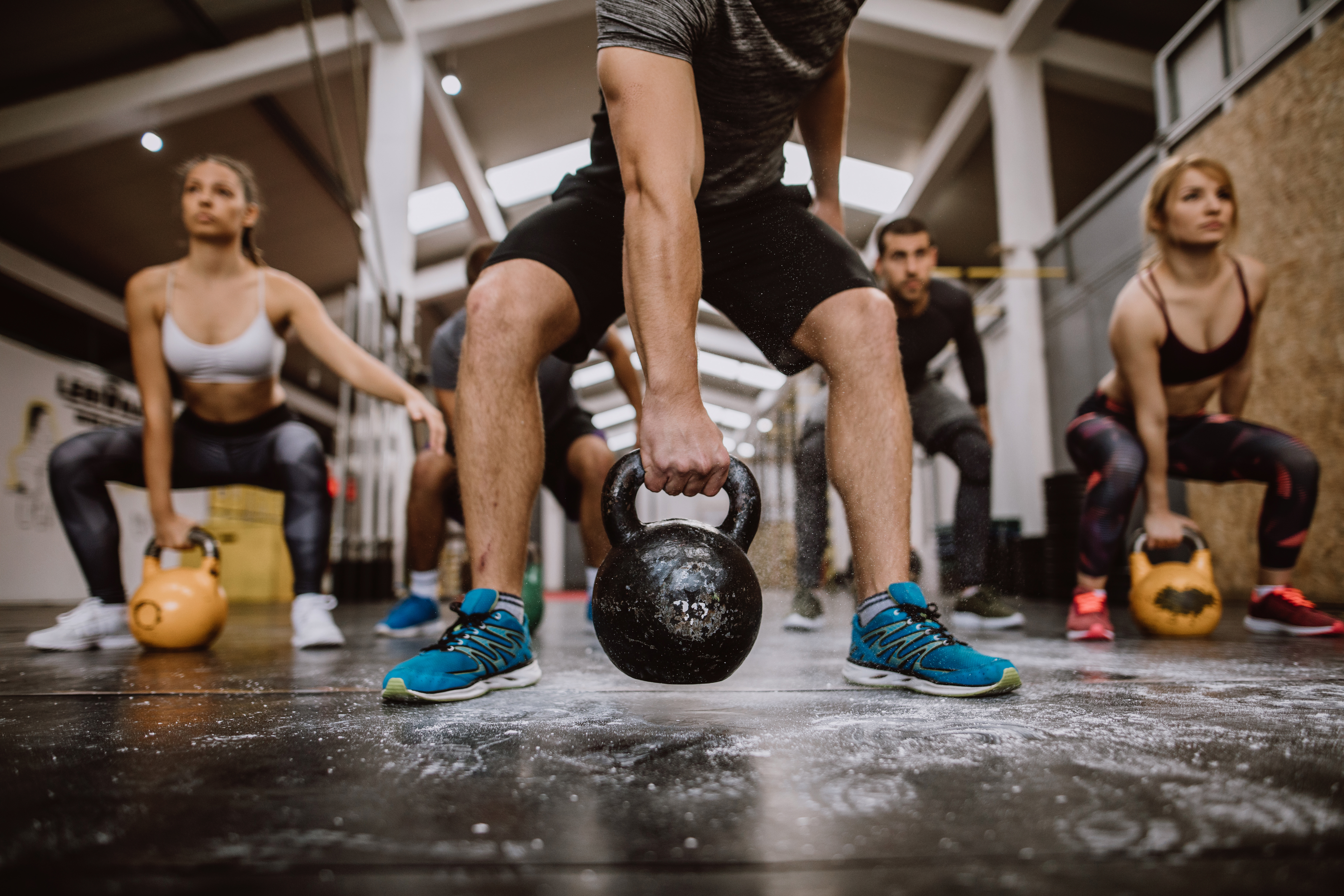March is American Red Cross Month — and an opportunity to do the right thing by scheduling an appointment to donate blood. So we wanted to know: How might frequent donations affect the body’s health — and how can diet help ensure healthy blood?
Since nearly two-thirds of your body’s iron is in hemoglobin, loss of blood — whether from blood donations, menstruation or injury — depletes iron stores, and if not adequately compensated by daily dietary iron intake, can result in iron deficiency.
Iron deficiency affects 10% of Americans — globally, the problem is even more serious: The World Health Organization estimates that more than 30% of the world’s population is iron deficient. Pre-menopausal women and toddlers have higher iron needs — as, interestingly enough, do active duty soldiers or anyone undergoing rigorous physical training. Obese children are also at higher risk of anemia.
Iron deficiency may express itself in a lack of energy, decreased work and school performance, difficulty in maintaining body temperature and impaired immune response. British researchers more recently uncovered the counter-intuitive link between low iron and higher risk of blood clots.
So how can you keep your iron up — not just when it comes to donating blood — but also in terms of optimal immune function and oxygenation of your body’s organs and tissues? Although many different foods contain iron, the mineral is not always easily absorbed. Part of this depends on whether the iron comes from animal or plant sources — the latter being harder to absorb.
Because of this, vegetarians have higher iron RDAs. Vegetarian women need to aim for 33mg a day, and vegetarian men, 14mg. Iron needs of carnivores are still significant: 18mg a day for pre-menopausal women and 8mg for men and post-menopausal women.
The best plant-derived sources for dietary iron include: cooked spinach, blackstrap molasses, dried figs and apricots, and beans (kidney, garbanzo and soy).
As the body can only absorb between 2% and 20% of iron contained in vegetarian sources, eat a vitamin C-rich fruit or vegetable (such as kiwi, pineapple, oranges, red bell pepper or broccoli) with each meal. Cooking in cast iron pots and pans may significantly increase the iron content of food, especially when cooking acidic foods like tomatoes. And finally, if you are concerned about your iron levels, don’t drink coffee or tea with meals, as their tannins bind to iron and make it less absorbable.
Published March 1, 2012



